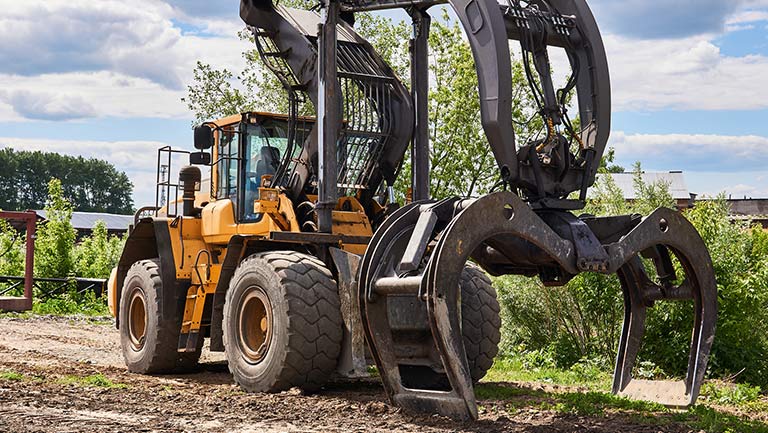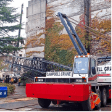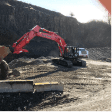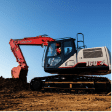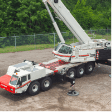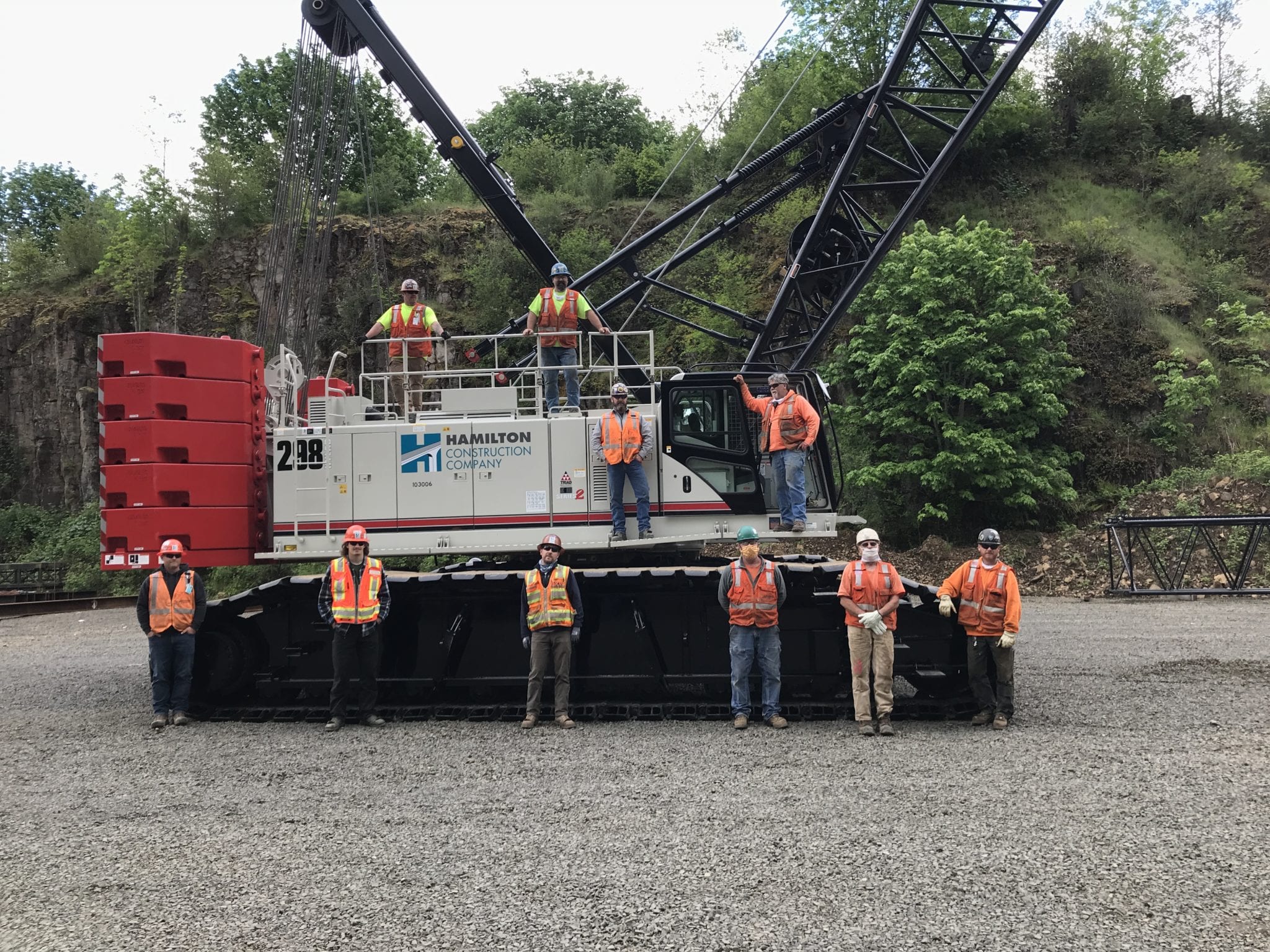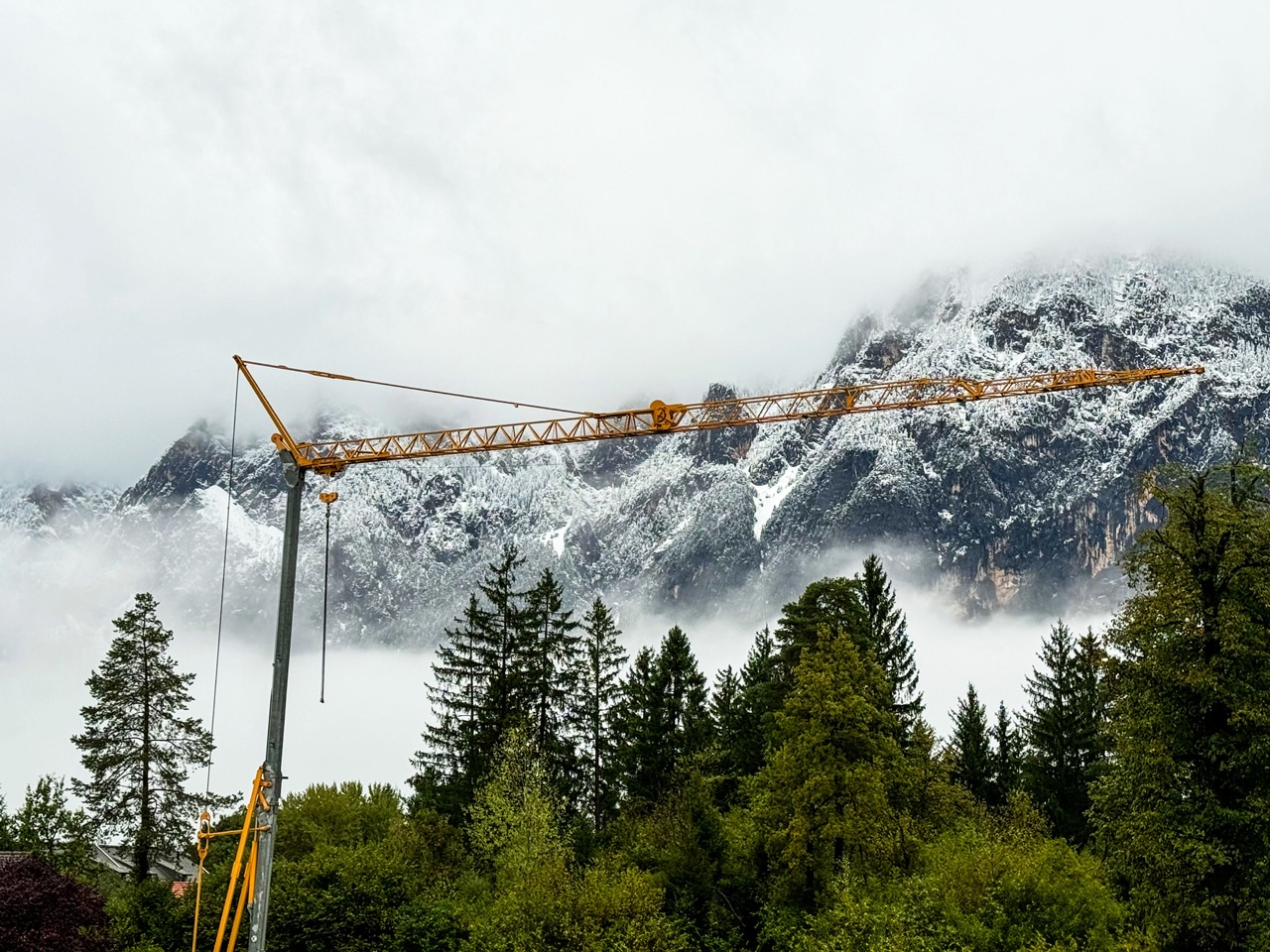Common Skidder Repairs and How to Avoid Them
Skidders endure brutal conditions daily. The good news is that regular maintenance can help dramatically extend their service life.
Below, we’ll talk about common skidder repairs and some things you can do to prevent them from happening in the future.
Tire Health: Your Skidder’s Foundation
Skidder tires face harsh conditions in forested areas. Eventually, this leads to wear and tear. Common tire problems include:
- Tread Wear: Keep your chains or tracks tight to prevent your tires from slipping and premature wear on your tread.
- Sidewall Damage: Cuts, cracks, or bulges can cause your tire to weaken. Prevent this by regularly checking your tires and removing debris from your tracks or chains.
- Punctures and Leaks: You never know what you might be driving through. Make sure to check for rocks, debris, and sticks that can cause slow leaks or flats. Both punctures and leaks can cause premature failure to your tires or traction aids.
- Improper Inflation: Overinflated tires can lead to uneven wear, while underinflated tires can cause you to lose traction. Make sure they’re properly inflated to avoid these problems.
- Bead and Rim Issues: Loose rims cause air leaks and instability, making your equipment unreliable. Check and fix these issues before it’s too late.
Walk around your machines before you start it up. Check out the tires, and make sure everything looks good.
Hydraulic System: Your Machine’s Powerhouse
The hydraulic system drives essential functions like steering, grappling, and travel. Keeping this system healthy ensures reliable performance. Look out for these issues:
- Watch for Leaks: Even small drips can quickly develop into major problems. Make sure to check daily for oil spots.
- Track Fluid Levels: Low hydraulic fluid leads to overheating and poor power.
- Replace Filters Regularly: Clogged filters restrict flow and reduce efficiency.
- Examine Hoses and Seals: Worn hoses can burst, leading to costly downtime. Replace them immediately when damaged.
- Keep the System Clean: Contaminants can severely damage your equipment.
Proper hydraulic maintenance directly affects your skidder’s performance and reliability.
Fluid Management: Keeping Everything Running Smoothly
Your skidder relies on fluids to run properly. Running with low or contaminated fluids causes serious damage. Stay on top of these:
- Engine Oil: Regular oil changes keep your engine cool and prevent excessive wear.
- Coolant Levels: A sudden temperature gauge spike is the last thing you want. Check coolant levels often, especially when the seasons change.
- Transmission Fluid: Smooth shifting and reduced friction start with proper fluid levels.
- Differential and Axle Lubrication: Metal grinding against metal can be an expensive fix. Avoid it by keeping all moving parts well lubricated.
Consistent fluid maintenance can substantially extend your skidder’s operational life.
Early Interventions: Preventing Bigger Problems
Minor issues will arise even with regular maintenance. Addressing them early helps you avoid major repairs. Keep an eye out for:
- Hydraulic Leaks: Damaged hoses can burst leading to pressure loss. Replace them before they fail.
- Brake Performance: Don’t wait until your brakes give out to replace them. Routinely check brake components and fluid levels.
- Electrical Issues: Look for corrosion around battery terminals and wiring. Corrosion can cause major failures, so you want to check them regularly.
- Engine Temperature: Regularly clean the radiator and check coolant levels. Don’t wait until it’s too late.
Understanding what to monitor can protect your equipment from unnecessary damage. Consistent care truly makes a difference in longevity!
Triad Machinery provides comprehensive skidder maintenance services to keep your equipment reliable. Contact your local Triad Machinery today.

